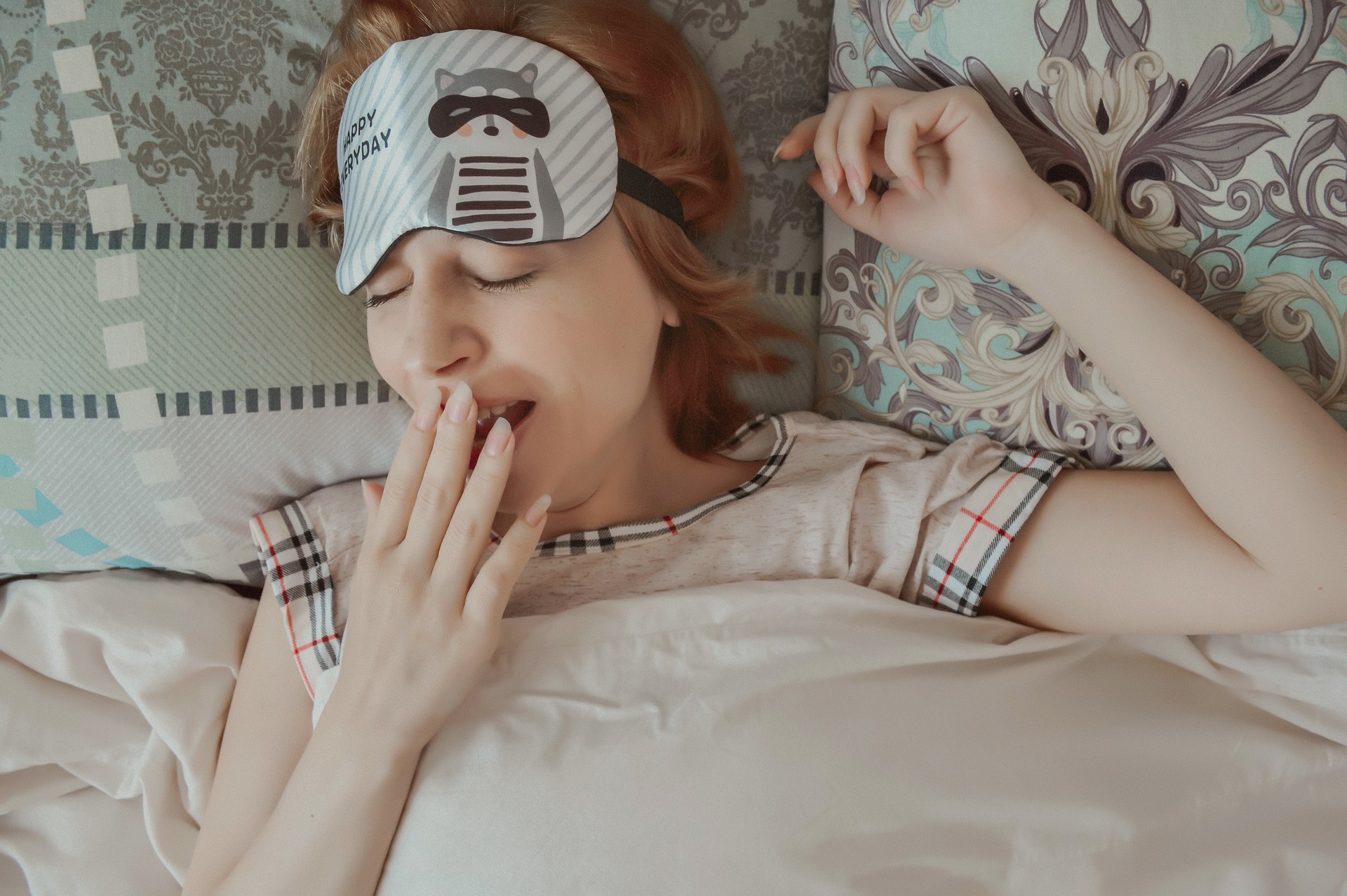Why Do I Have Trouble Falling Asleep?
Getting a good night’s sleep is crucial for our overall health and well-being. However, for many people, falling asleep can be a real challenge, especially in today’s fast-paced and stressful world. If you’re someone who has trouble falling asleep or takes a long time to do so, you’re not alone. In this blog post, we’ll explore some of the common reasons why people have trouble falling asleep and what you can do about it.
Stress and Anxiety
Stress and anxiety can be major contributing factors to sleep problems. When we’re feeling stressed or anxious, our mind is racing, making it difficult to calm down and fall asleep. To manage stress and anxiety, it’s important to develop a relaxing bedtime routine and practice stress-reducing activities such as meditation, deep breathing, or yoga.
Environmental Factors
The environment in which you sleep can also play a significant role in your ability to fall asleep. A bedroom that is too hot, too cold, too bright, or too noisy can all interfere with your ability to fall asleep. To create a sleep-friendly environment, make sure your bedroom is cool, dark, and quiet, and invest in a comfortable mattress and pillows.
Electronic Devices
The blue light emitted by electronic devices such as smartphones, computers, and televisions can interfere with your body’s ability to produce melatonin, a hormone that helps regulate sleep. Try to avoid using these devices for at least an hour before bedtime. If you must use them, consider using a blue light blocking screen.
Caffeine and Alcohol
Both caffeine and alcohol can interfere with your ability to fall asleep and stay asleep. Caffeine, which is found in coffee, tea, and many soft drinks, should be avoided for at least six hours before bedtime. Alcohol should also be limited, especially in the evenings, as it can disrupt your sleep patterns.
Sleep Disorders
Sleep disorders such as insomnia, sleep apnea, and restless leg syndrome can all interfere with your ability to get the sleep you need. If you continue to have difficulty falling asleep despite making lifestyle changes, it’s important to seek help. Your doctor can perform tests and recommend the appropriate treatment.
Irregular Sleep Schedule
Sticking to a regular sleep schedule is one of the most important things you can do to promote healthy sleep. Going to bed and waking up at the same time every day, even on weekends, helps to regulate your body’s internal clock, making it easier to fall asleep and wake up feeling refreshed.
Napping
While napping can be tempting, especially when you’re feeling tired, it can actually interfere with your ability to fall asleep at night. Try to limit naps to no more than 30 minutes and avoid taking them in the late afternoon or evening.
In conclusion, there are several reasons why people have trouble falling asleep, from stress and anxiety to environmental factors and sleep disorders. By identifying the root cause of your sleep problems and making the necessary changes, you can get the quality sleep you need to feel refreshed and energized every day. If you continue to have difficulty falling asleep despite making lifestyle changes, don’t hesitate to seek help from your doctor.
Sources:
- National Sleep Foundation. (2021). Sleep Drives. Retrieved from https://www.sleep.org/articles/sleep-drives/
- Harvard Health Publishing. (2021). Insomnia. Retrieved from https://www.health.harvard.edu/a-to-z/insomnia-a-to-z
- American Psychological Association. (2021). Stress and Sleep. Retrieved from https://www.apa.org/topics/stress-sleep
- National Institute of Neurological Disorders and Stroke. (2021). Restless Legs Syndrome Fact Sheet. Retrieved from https://www.ninds.nih.gov/Disorders/Patient-Caregiver-Education/Fact-Sheets/Restless-Legs-Syndrome-Fact-Sheet
- Mayo Clinic. (2021). Sleep Apnea. Retrieved from https://www.mayoclinic.org/diseases-conditions/sleep-apnea/symptoms-causes/syc-20377631
- American Academy of Sleep Medicine. (2021). Sleep Deprivation and Deficiency. Retrieved from https://aasm.org/resources/factsheets/sleepdeprivation.pdf
- National Sleep Foundation. (2021). The Effects of Light on Sleep. Retrieved from https://www.sleep.org/articles/light-and-sleep/
- American Psychiatric Association. (2021). Depression and Insomnia. Retrieved from https://www.psychiatry.org/patients-families/depression/what-is-depression
- Centers for Disease Control and Prevention. (2021). Chronic Stress and Sleep. Retrieved from https://www.cdc.gov/sleep/about_sleep/stress.html
- National Institute of Mental Health. (2021). Anxiety Disorders. Retrieved from https://www.nimh.nih.gov/health/topics/anxiety-disorders/index.shtml
